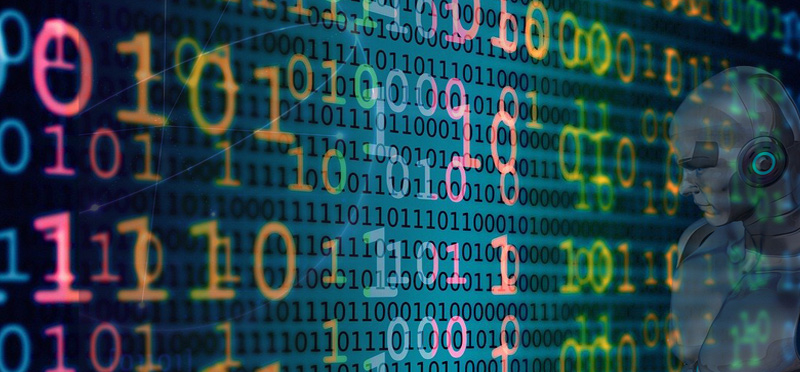EPO AI Guideline 2024 - technical effects and AI training data

The European Patent Office is continuously updating the requirements and corresponding examination guidelines for patent applications in the field of computer-implemented inventions and applications of artificial intelligence (AI) in inventions.
Technical effect and training data in the examination of patent applications are the main aspects of the EPO 2024 AI Guideline update, which came into force on April 1, 2024, in particular with additions to EU Guideline 3.3.1 Artificial intelligence and machine learning.
AI Guideline of the EPO 2024 - Technical effect
Like any invention, an invention with an AI application can only be protected as a patent if it has a technical character. The technical effect must be apparent, in an AI application, for example, as the technical effect achieved by an algorithm.
The AI Guideline of the EPO 2024 has specified this in detail. Mere assertions are therefore not sufficient, but proof is not required either. According to the AI Guideline of the EPO 2024 the technical effect should be demonstrated by explanations or experimental data or by mathematical evidence.
It is important that the technical effect must be explained in a plausible and comprehensible manner. And the technical effect must be proven for the entire claimed area.
In principle, it is even possible to invoke new effects that the applicant has subsequently submitted in the course of the proceedings - but only if the skilled person would regard these new effects as derived from the originally filed application.
What does this mean in practice? Does coding have to be disclosed, does the training data have to be listed in detail?
Training data of an invention with AI application
According to the AI Guideline of the EPO 2024 not every detail of the training data or algorithm must be disclosed, but the technical effect for the entire field of protection must be plausibly presented. The AI Guideline of the EPO 2024 states that the specific training data generally does not have to be disclosed.
However, if the technical effect depends on certain features of the training data set used, these features, which are necessary to reproduce the technical effect, must be disclosed - unless these features can be derived from common general knowledge without undue effort.
AI Guideline of the EPO 2024 in practice
How to handle this in practice? There's a leeway for any individual case. You'll find some hints in EPO case-law. The EPO's AI decisions in recent months deal with “general knowledge” in the field of AI techniques and the disclosure of training data. You are welcome to read or to watch our youtube clip:
Blog article EPO case law: Training for AI inventions
Blog article EPO: AI invention with meta-learning scheme
Blog article Machine learning - technical with a view to G 1/19?
Patent attorney Malte Köllner on Youtube: Insilio Medicine - How to patent AI-generated inventions?
AI Guideline of the EPO 2024
With the AI Guideline of the EPO 2024, inventions in the field of AI and machine learning, the requirement for clear and complete disclosure has been specified. A patent application requires experience and knowledge.
Our patent law firm offers both. We specialize in patents for AI implemented inventions, let’s talk about your use of AI. Please contact us without obligation, by phone at +49 69 69 59 60-0 or send us an email info@kollner.eu.







